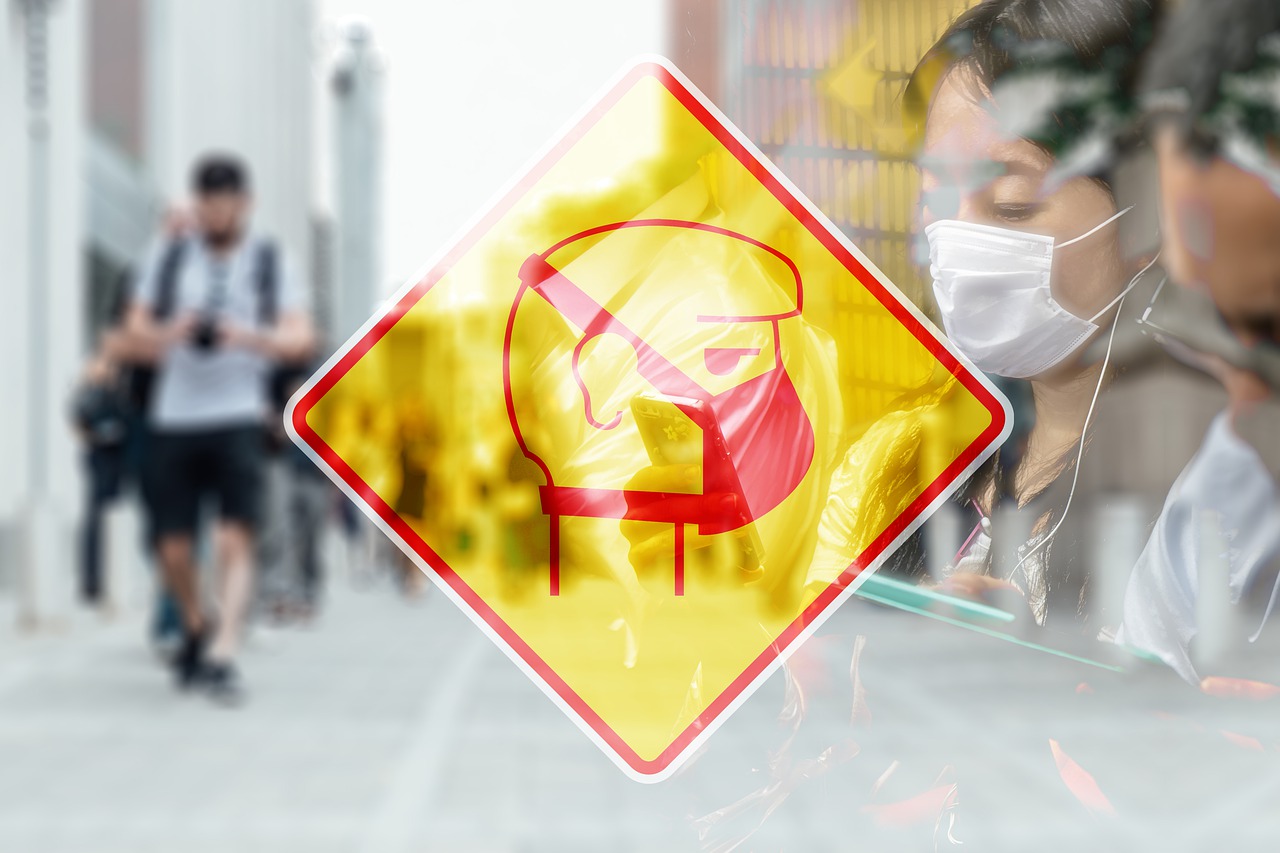
The World Health Organization (WHO) has announced that the Wuhan coronavirus is not yet considered a public health emergency of international concern.
The WHO said that while the Wuhan coronavirus is a public health emergency in China, it has not yet become an emergency on a global level.
WHO Director-General Tedros Adhanom Ghebreyesus said: "Make no mistake. This is an emergency in China, but it has not yet become a global health emergency. It may yet become one."
The announcement came after an emergency committee was convened over two days in Geneva to advise WHO leadership on the outbreak. While the WHO was expected to make an announcement on Wednesday, Ghebreyesus said he did not have enough information to make a decision so the committee was asked to reconvene a second day.
According to committee chairman Dr. Didier Houssin, the committee remained divided on whether to issue the recommendation and ultimately decided it was "too early." He pointed out that they were unable to initially make a recommendation due to limited and imprecise information from Chinese authorities.
The committee was eventually able to make the announcement after Chinese authorities gave the committee new epidemiological data, which included higher numbers of infected people and evidence of fourth-generation cases in Wuhan.
The WHO has asked China to provide more information on the preventive measures it's taking and to "enhance surveillance and active case finding across China, particularly during the Chinese New Year celebration."
Ghebreyesus emphasized that WHO's decision "should not be taken as a sign that WHO does not think the situation is serious, or that we are not taking it seriously."
WHO defines a public health emergency of international concern as "an extraordinary event" that constitutes a "public health risk to other States through the international spread of disease" and "to potentially require a coordinated international response."
Among the diseases that prompted the WHO to declare international emergencies were Ebola, Zika and H1N1.






